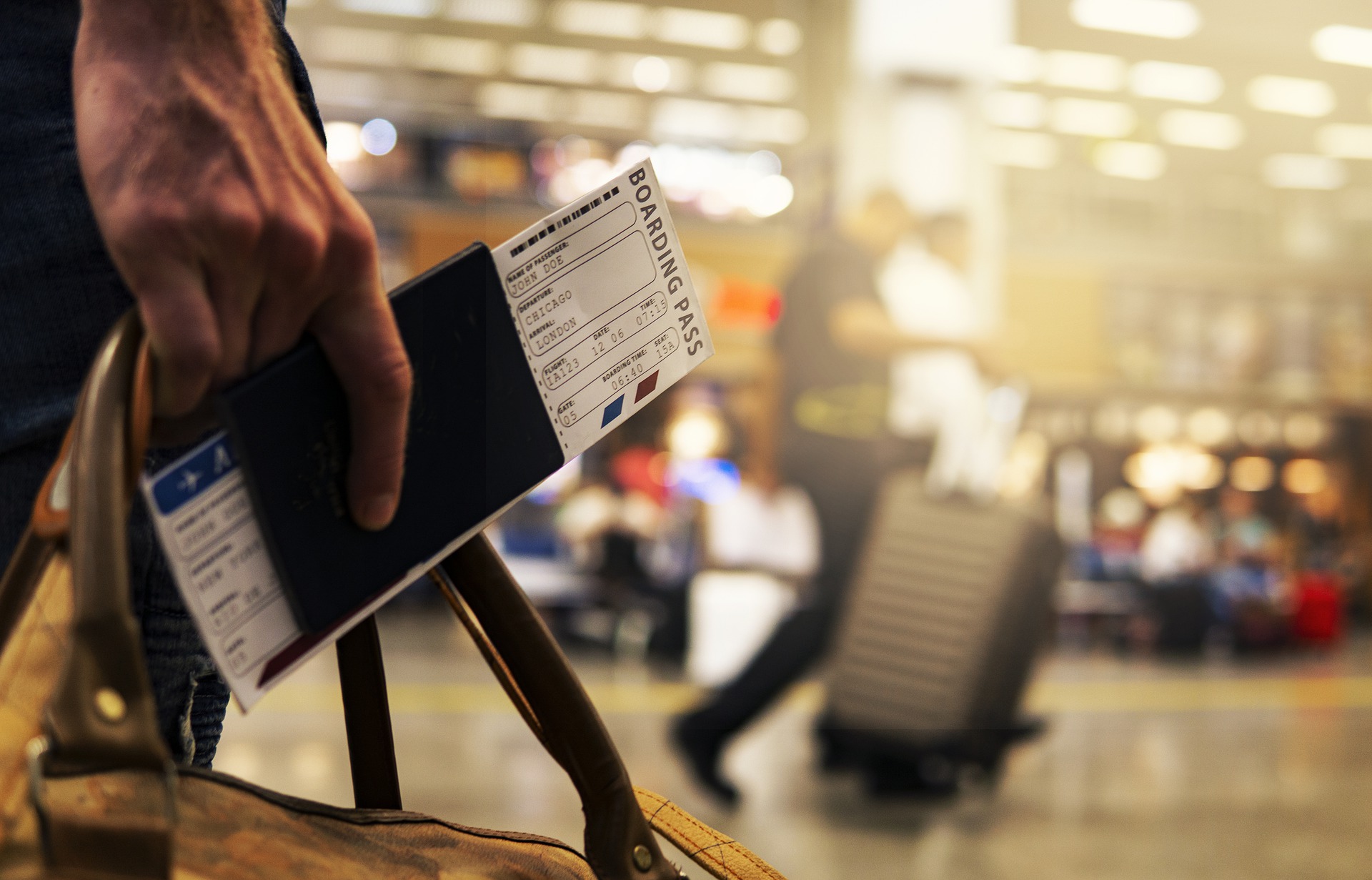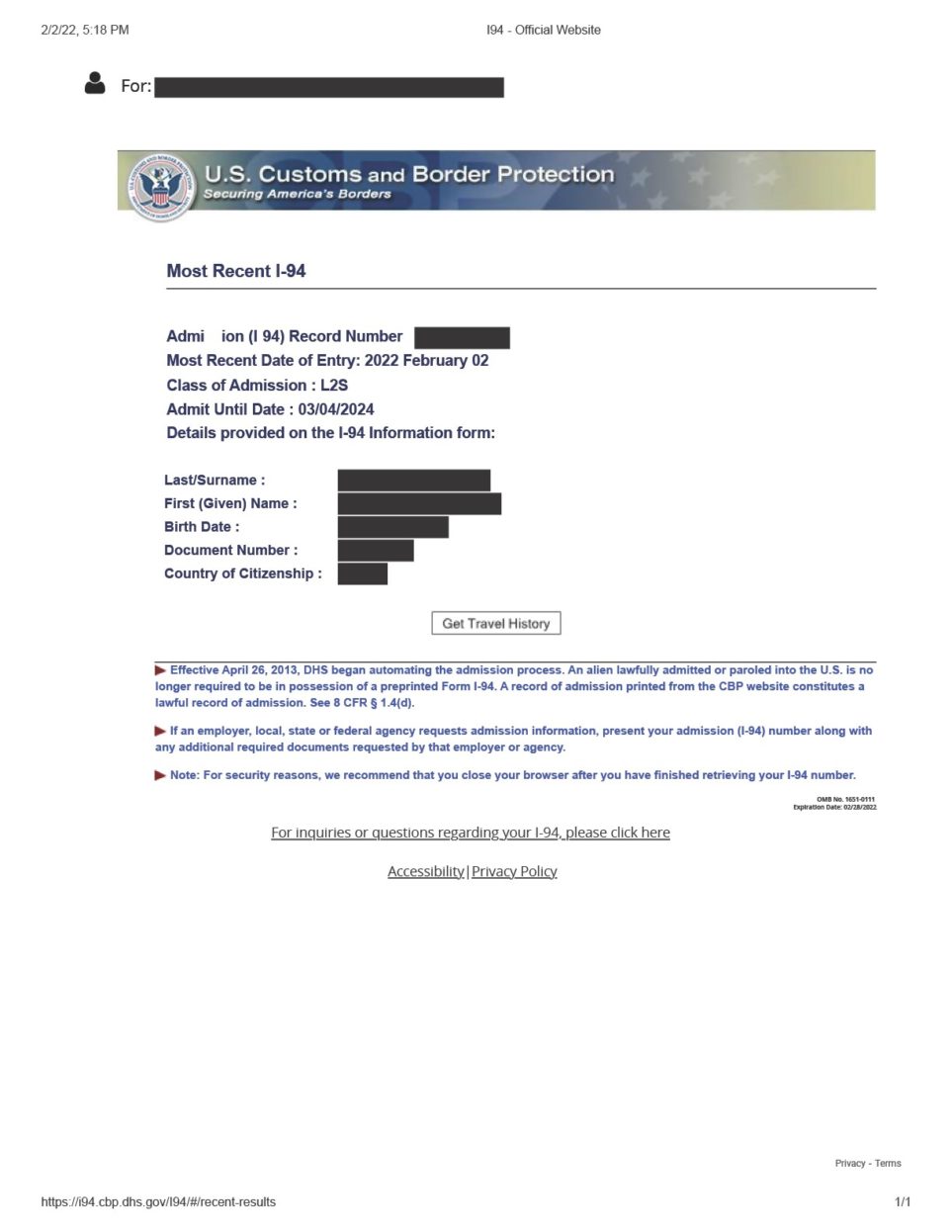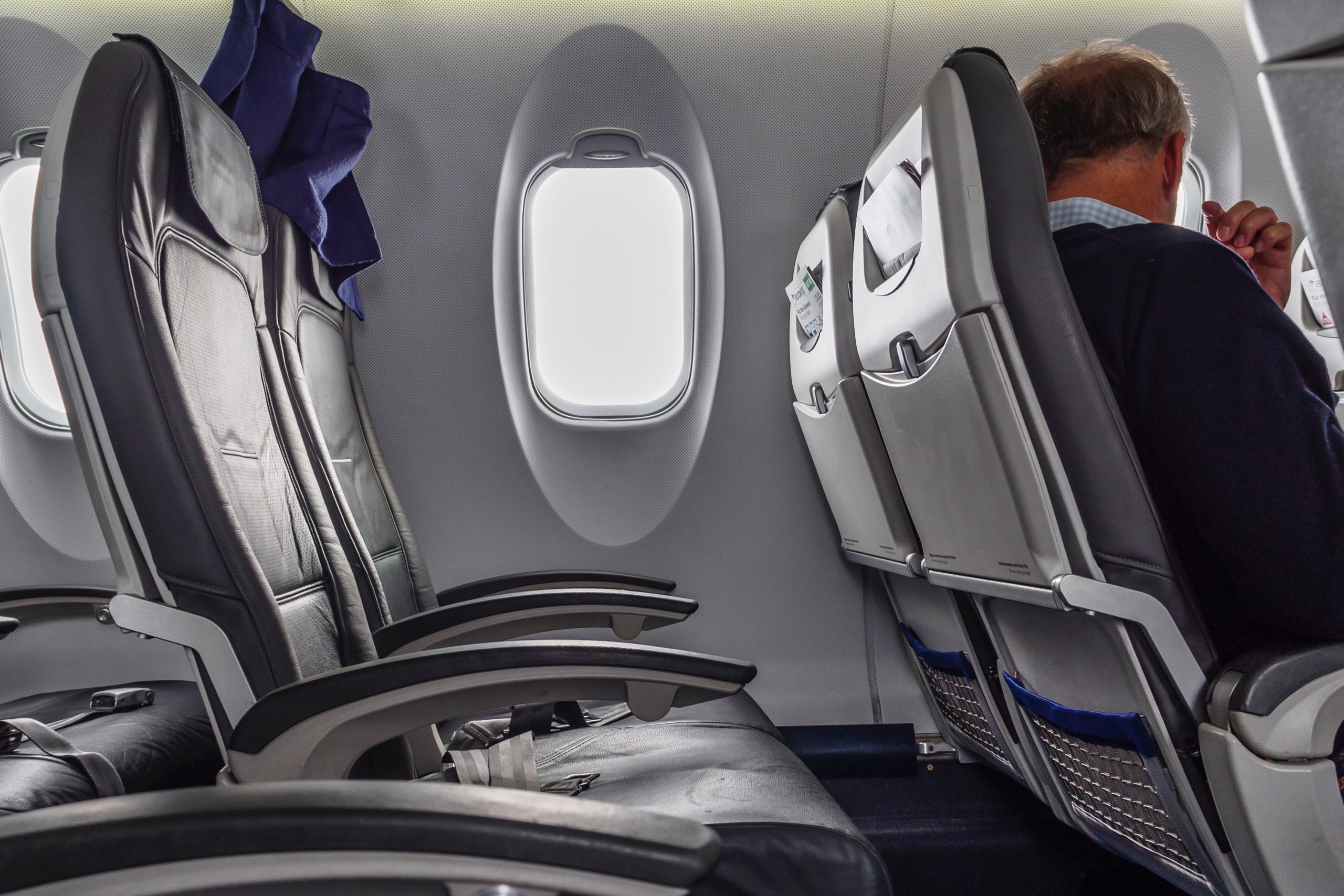In this blog post, we share great news for E and L dependent spouses!
As we previously reported on our blog, pursuant to a new USCIS policy, E and L nonimmigrant dependent spouses are now considered employment authorized “incident to their status.”
This means that upon admission and issuance of a valid I-94 arrival/departure document showing E or L-2 spousal status, E and L nonimmigrant spouses will automatically be authorized to work without the need to apply for an Employment Authorization Document (EAD). Previously, E or L dependent spouses were required to apply for an EAD by filing Form I-765 Application for Employment Authorization with USCIS.
How does this system work?
Effective January 31, 2022, CBP Office of Field Operations (OFO), in coordination with both USCIS and Department of State, began issuing new classes of admission on the I-94 arrival/departure record for E and L dependent spouses entering the U.S. at a Port of Entry. The new I-94 admission records indicate an “S” designation after the E or L class of admission to indicate that the spouse is authorized to work in the United States. The “S” designation is meant to indicate that the E or L nonimmigrant is a dependent “spouse” of a principal E or L visa holder. Please note that the new designation will not explicitly state that the spouse is “work authorized,” however the “S” designation signals to U.S. employers that the spouse is authorized to work for I-9 employment verification purposes.
Spouses who applied for an extension of their E or L visa status with USCIS, will receive I-94s that carry the new “S” designation at the bottom of their approval notices.
How can I prove that I am authorized to work as an E or L dependent spouse?
If you are an L or E dependent spouse who wishes to work in the United States without having to obtain an Employment Authorization Document (EAD), you must present an I-94 admission document with the “S” spousal annotation.
CBP has confirmed that the agency has been issuing new I-94’s with the “S” spousal annotation to E and L spouses who gained admission to the United States on or after January 31, 2022.
How does the annotation look?
The I-94 will be annotated with an “S” next to the E or L-2 status designation, signaling to prospective employers that the individual is authorized to work during the validity period of the I-94. Spouses admitted in E or L-2 status should review their I-94 document immediately upon admission to ensure that it contains the appropriate annotation.
What if I gained admission to the United States prior to January 31, 2022 and I do not have the spousal designation on my I-94?
If you are an E or L dependent spouse who gained admission to the U.S. prior to January 31, 2022, and you do not have the “S” spousal annotation on your I-94, you must contact your closest CBP Deferred Inspection Office to determine whether they may, in their discretion, amend your I-94 arrival/departure record to include the “S” spousal annotation without requiring international travel. CBP may or may not agree to amend your I-94.
In cases where CBP will not amend your I-94 to include the spousal annotation, you may consider discussing with your immigration attorney whether you should depart the United States and re-enter at a U.S. port of entry to secure the new spousal annotated I-94. You must exercise caution before making any international travel plans. An immigration attorney will need to evaluate whether you have the proper documentation to gain re-admission after temporary foreign travel and determine whether your planned travel would result in the issuance of a new annotated I-94. Certain brief international trips may not result in a new I-94 issued by CBP.
Please note that if you are an E or L spouse admitted prior to January 31, 2022, and you have filed an application to extend your L or E status while in the U.S., USCIS is expected to issue the “S” spousal annotation on I-94’s printed at the bottom of USCIS-issued approval notices.
 Visa Lawyer Blog
Visa Lawyer Blog












